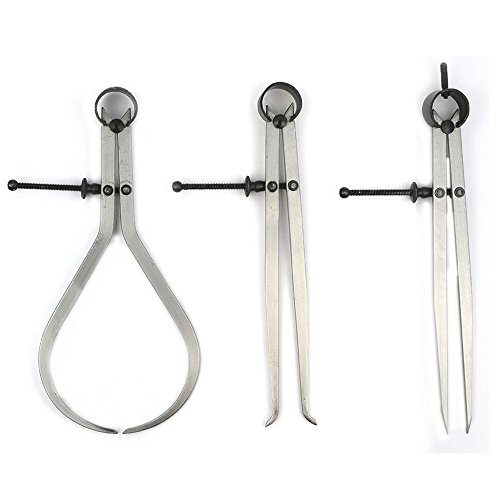Being a newbie in the machinist world, Ive had to learn how to make my own tooling, because tooling is expensive. For Example: A decent boring bar is $100 bucks, when all it is, is just a piece of hardened steel with a HSS bit in it. Well in order to use that HSS bit properly, I have to grind it. The odd thing here is I have no prior knowledge on how to machine anything, but I will confess that way back in high school (2000-2001), I used a large lathe, and in all honesty, that was for a total of 10 days! We didnt do much in theory, but it was all hands on. We didnt learn tool grinding and such, because it was an exploratory program (I went to a tech high school). Everything else has been filled in with research and lots of reading. Does that make me a machinists? (Id like to say yes, but I feel Im more of an apprentice)
I still dont own a QCTP (yet), I somewhat dont mind having to shim out my bits, because in all honesty, after a while I remember which little bits of scrap to use for shimming (I currently use 5/16 Bits and my current one hasnt needed to be sharpened in a while).
Now the whole tool grinding thing doesnt just apply to machining too, I have noticed it in the world of electronics. There are "easy" hardware/software items that you can buy to teach you the basics of electronics, such as the Arduino. However, it does not teach you the fundamentals as I have learned as a EET (and this is my personal peeve)! It does not teach you how to use registers, or what the micro is actually doing, nor does it teach you voltage and current laws.
So someone can easily program something, but do they understand whats going on behind the scenes? No. I can say the same thing about myself in a way, that I have used "easy" programming languages out of pure lazyness, but I do know whats going on behind the scenes.














![DreamPlan Home Design and Landscaping Software Free for Windows [PC Download]](https://m.media-amazon.com/images/I/51kvZH2dVLL._SL500_.jpg)














































